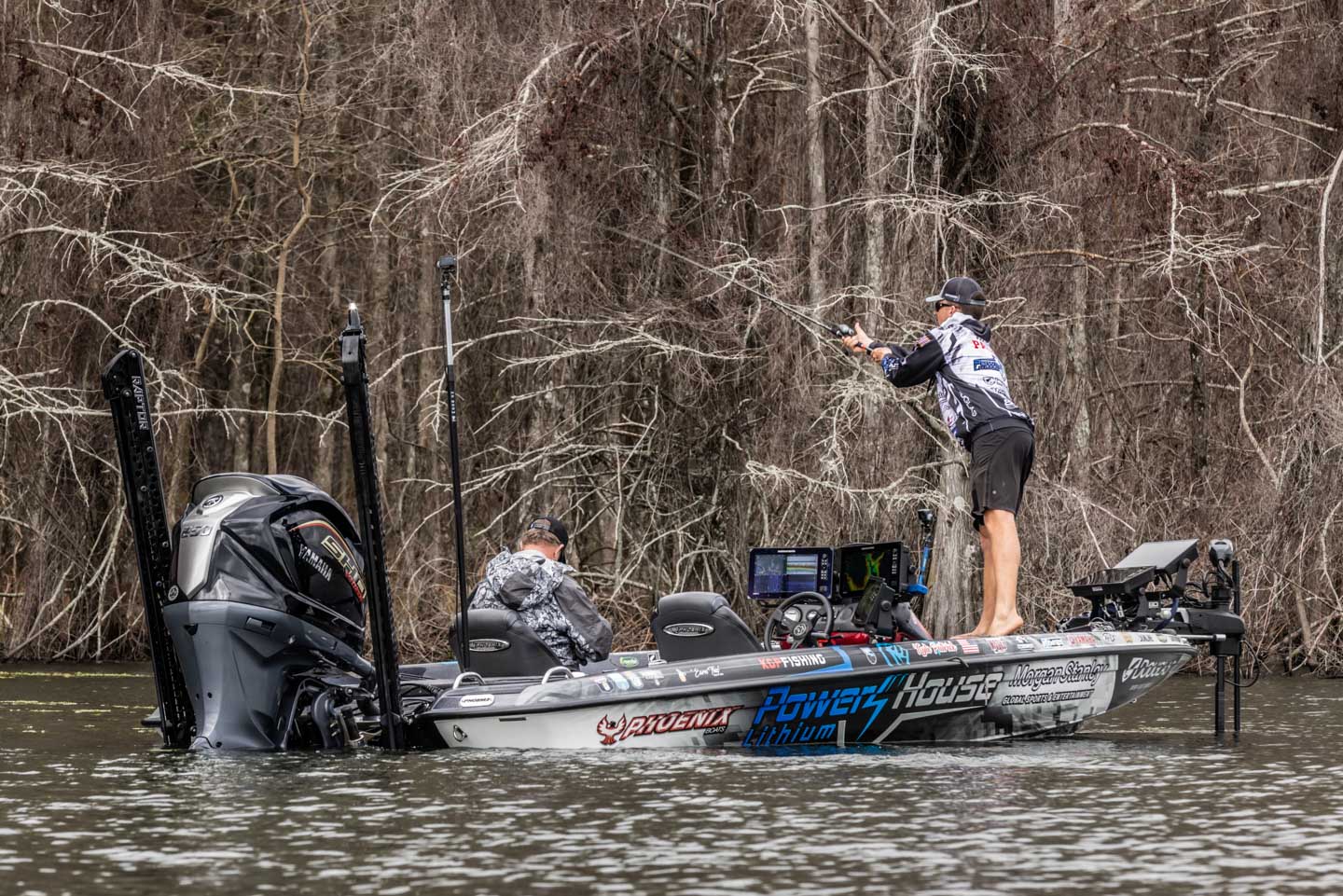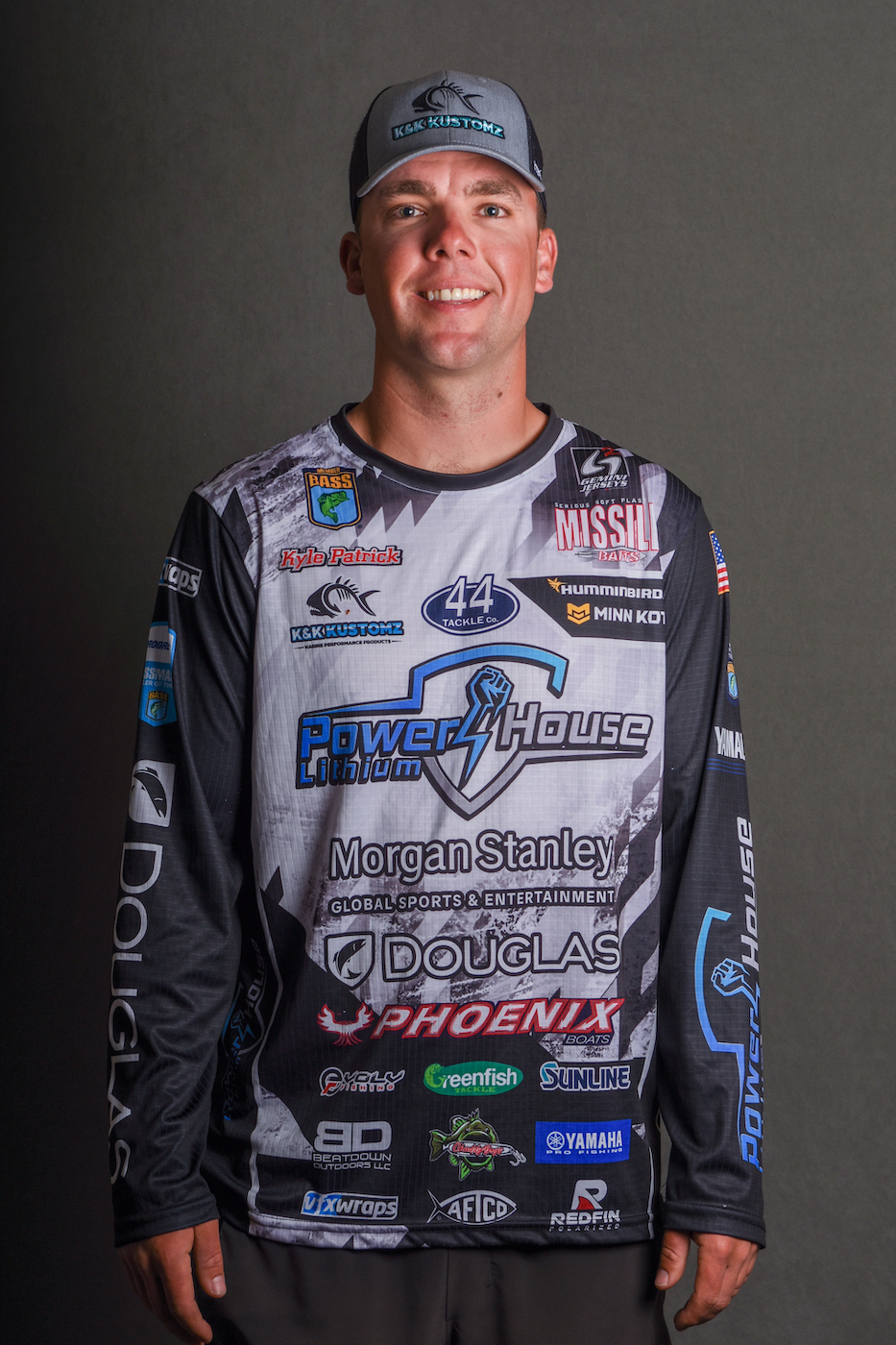
Being a professional fisherman is one of the most epic jobs in the world. I am proud to tell people I fish for a living. After making the Bassmaster Elite Series and quitting my job, I feel I can truly tell people that I fish full-time.
Most often, that’s met with “Must be tough.” or “Wow, that’s fun.” But I dive a little deeper as to what it really means. Being an angler trying to make it regardless of your status — Opens EQ angler or Elite angler — comes with all sorts of challenges. However, managing finances is the number one hurdle to ensuring a stable and successful career.
Education
First and foremost, it’s obvious that as an industry we need to do a better job of educating each other. To me, this starts with transparency behind how anglers are affording to fish. This opens the sponsorship can of worms.
If you want to dive into that, go read Ish Monroe’s article on “The industry owes us nothing.” What I’m talking about is being transparent about managing finances, taxes, everything that anglers don’t want to think about during the season. Instead, anglers tend to put it on the back burner and forget about it.
We deal with a lot of frustrating truths: fluctuating income and major expenses such as tackle, travel, entry fees, mechanical issues — the list goes on. The bottom line is we all need to figure out ways to strategically approach financial management on the road.
The basics seem very basic, yet time and time again I watch anglers struggle with basic finances. Not only does this affect their fishing tremendously, but also their longevity in the sport, and their overall happiness in life.
Establish a budget
People drive me nuts when they say, “It’s only a rich kid sport now.” That’s not true, but it is a sport that requires you to be aware of your finances in order to sustain yourself.
One of the fundamental steps in financial management is creating a budget. For professional anglers, this is critical. When I first started fishing the Opens, I had a budget based on my guaranteed monthly income.
I want to be clear here. “Guaranteed” income isn’t “Well, if I cash two checks…” income.
Next is to identify fixed costs. Fixed costs include stuff like boat maintenance, gear and insurance, as well as variable expenses like travel and mishaps on the road. A well-structured budget provides a clear overview of your financial situation and allows you to make informed decisions.
Let me make an analogy. You can’t make good financial decisions without a budget, just as you can’t make good fishing decisions without an understanding of the fish and the fishery. An uninformed financial decision is like throwing a frog in the middle of Lake Ontario. You might get bit, but the odds are stacked against you.
Diversify income sources
Relying solely on tournament winnings is impossible. Plain and simple. You must diversify your income sources by seeking partnerships, guiding, working a flexible job and investing. The last one is crucial.
Investing is scary when all our focus is on the fishing industry. This is when you probably need some help. I couldn’t fish the Elite Series or even the Bassmaster Opens without the help of Morgan Stanley, a financial services firm. They understand me as a person. They know what I like to do, and they have my goals in mind when they advise me.
My investment portfolio, although small, is crucial to my success now and in the future. Morgan Stanley and E*TRADE created a plan specifically for me to be able to fish and pursue my dream. All I do is stay informed and listen to what the professionals have to say.
It’s the same as going on a “guided trip” with my advisor and learning about being better with my money and how to set myself up for success. All of this can be done while also building a brand for yourself in this industry. Down the line, that can open new revenue streams providing financial stability.
Look at the wealthiest anglers in the world. How many of them have multiple income sources and their own brand?
All of them.
Emergency fund
Professional fishing, as we all know, is naturally unpredictable on the water and off the water. There are many changes in our industry that cause financial hardships for anglers at different times. Establishing an emergency fund is crucial to cover unexpected expenses or to bridge financial gaps during rough periods.
You may know this, but I’ll explain how my emergency fund is set up. When I finish any month with a net gain, I put aside most of the extra cash into a money market account — I believe they are at 5% or a little more right now. This includes the months I am not traveling, and that’s where most of the cash comes from. In a money market account, there is zero risk of it losing any value, and I can withdraw that cash in the event of an emergency.
Obviously, there are going to be times where you don’t have extra money. I had almost none in 2022, but I stuck to my budget and made it through a year of fishing with no debt. Ending a year with no debt and financial stability was crucial for my success during my 2023 Bassmaster Opens year.
I’m certainly not saying that I’m some brilliant financial advisor. I’m not even saying I’m a good one, but we don’t need amazing expertise to have financial stability. All we need is the information to make basic decisions about how we go about spending and saving money.
Finally, there’s no shame in seeking advice from people who are more experienced. Just like fishing, there are no shortcuts to success or magic tricks. It’s about understanding the fundamentals and exercising.





